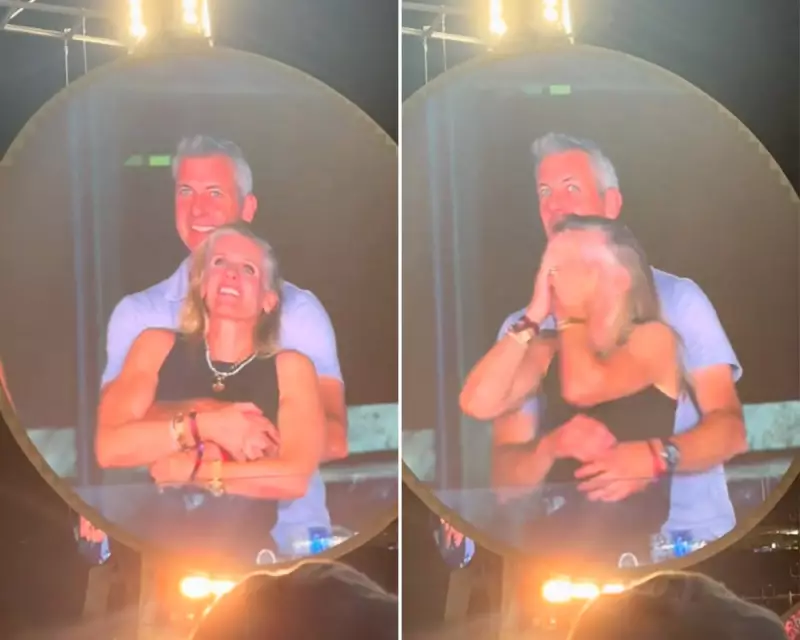
The saga of the so-called 'Coldplay Couple' unfolded like a modern-day soap opera, captivating social media before descending into controversy. What began as a lighthearted viral moment at a concert quickly escalated into a full-blown online pile-on, raising questions about proportionality in the digital age.
From Viral Moment to Public Shaming
Attendees at a recent Coldplay concert captured footage of an apparently disinterested couple amidst a sea of enthusiastic fans. As the clip spread across platforms, speculation about their relationship status and concert etiquette turned into outright condemnation.
The Anatomy of an Online Storm
Within hours, the couple found themselves at the centre of a digital firestorm:
- Memes dissecting their body language went viral
- Commenters diagnosed relationship problems
- Some even claimed to identify the individuals involved
Psychologists warn that such rapid escalation from amusement to anger reflects deeper issues in online culture. 'We're seeing mob mentality play out in real-time,' notes Dr. Emily Harris, a social media behaviour expert.
Proportional Response or Digital Witch Hunt?
As the story developed, some began questioning whether the backlash had crossed ethical boundaries:
- The couple's right to privacy was potentially violated
- Assumptions about their relationship may have been unfounded
- The permanence of online shaming could have lasting consequences
Cultural commentators argue that while public spaces come with reduced privacy expectations, the intensity of the reaction far exceeded the perceived offence.
When Viral Content Turns Toxic
This incident follows a growing pattern where lighthearted content becomes fuel for outrage. The speed at which amusement transforms into anger suggests social media platforms may be amplifying disproportionate responses.
As the dust settles, the Coldplay couple saga serves as a cautionary tale about digital mob mentality and the human cost of viral fame.






